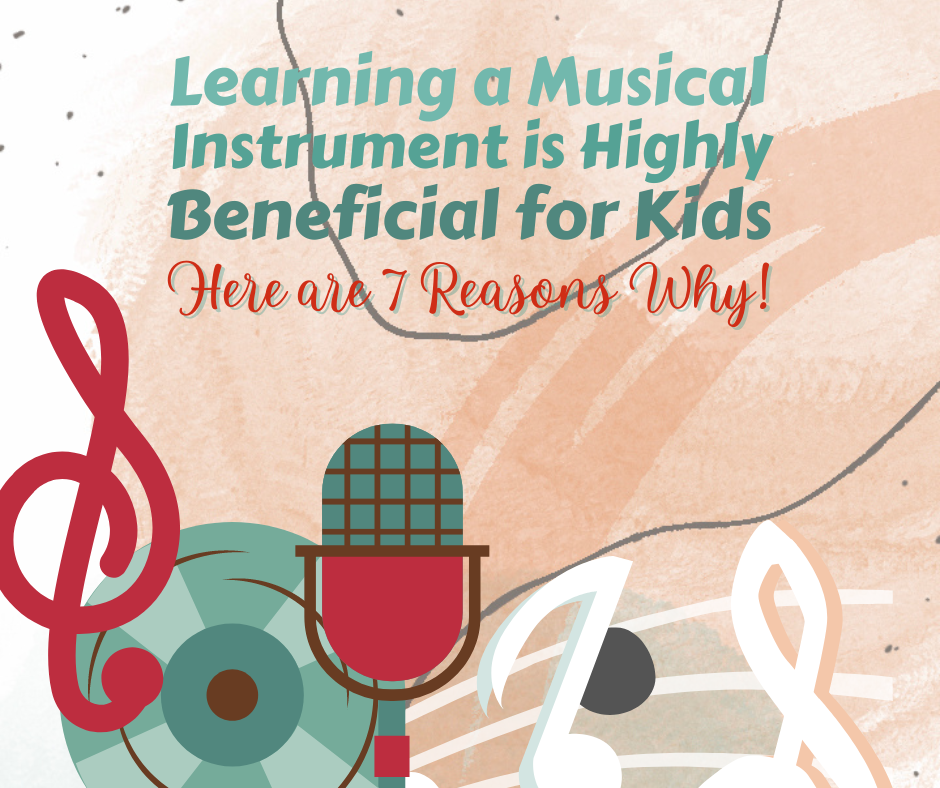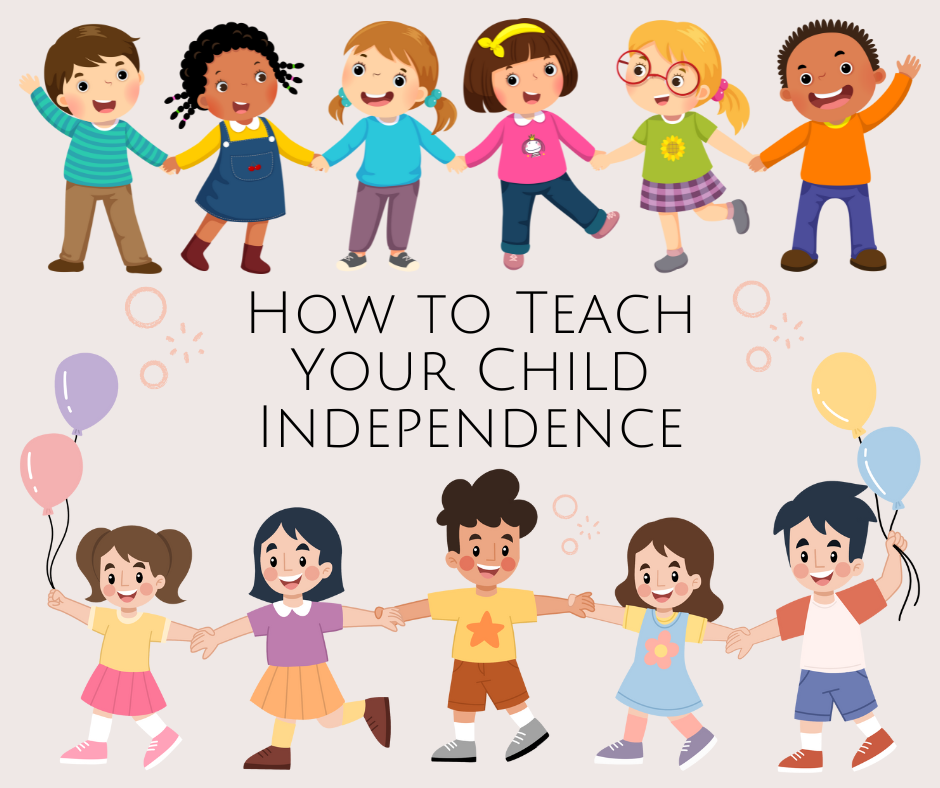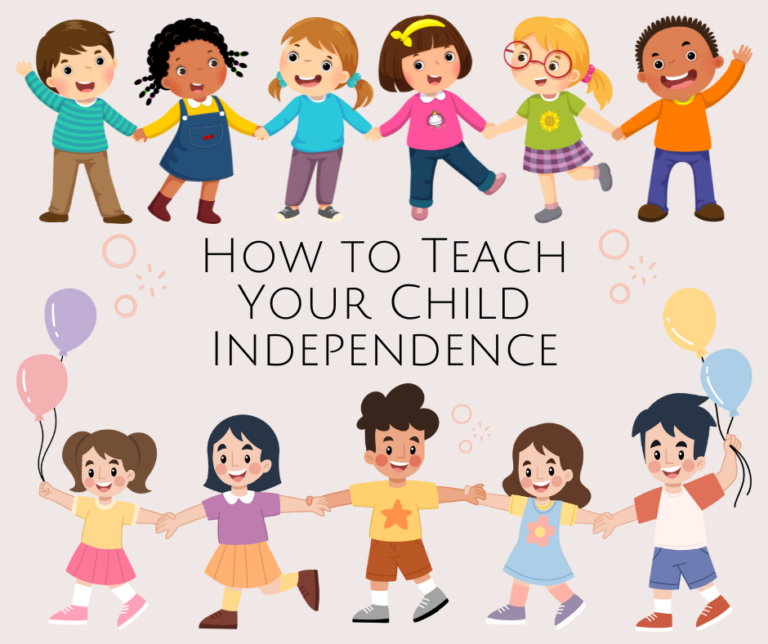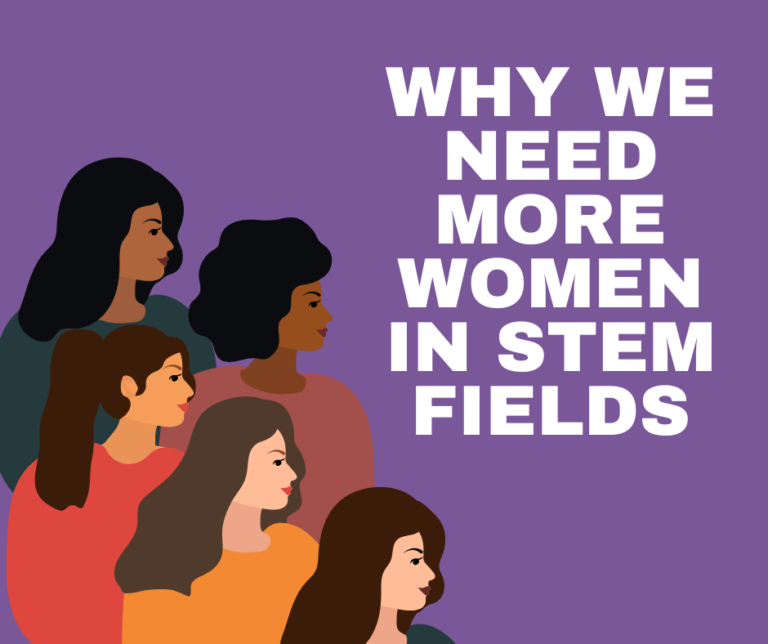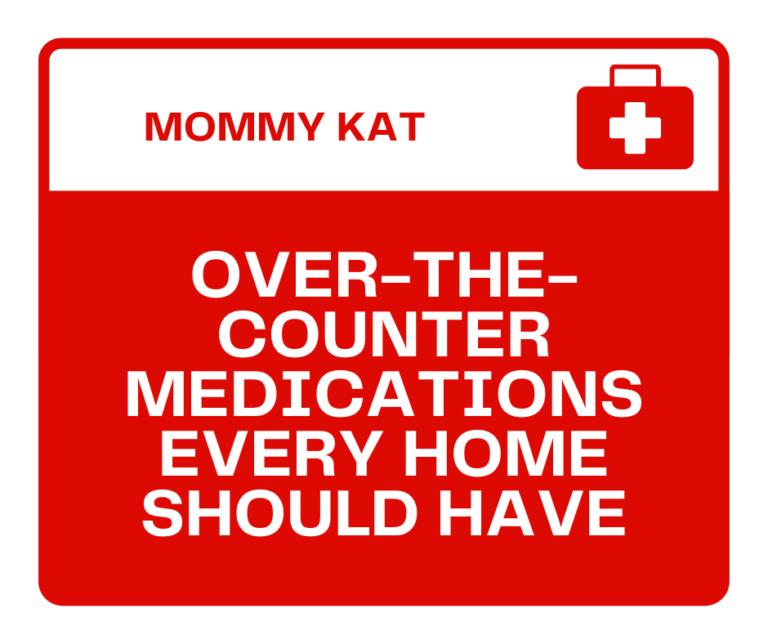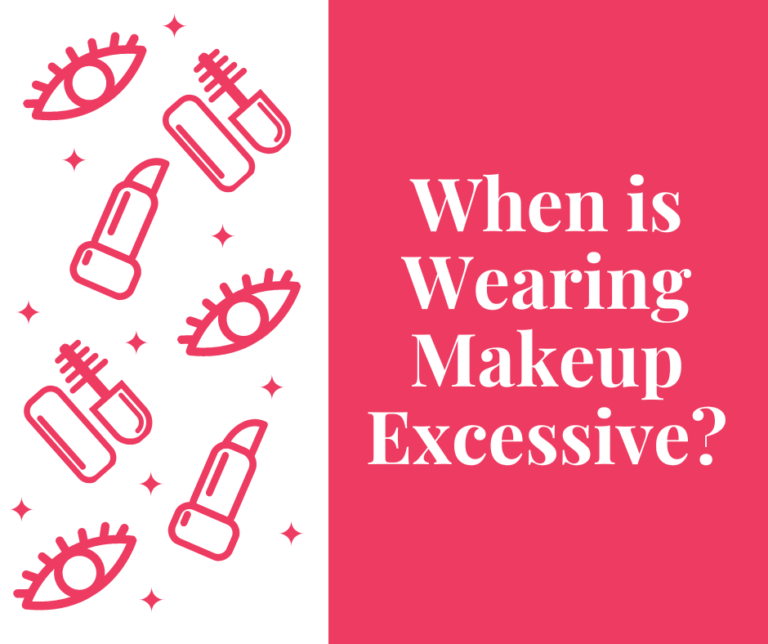h
Whether or not you are an instrumental person, studies have proven repeatedly that there are many reasons why you should enroll your child in music lessons. While they may not become this generation’s Beethoven, the long-lasting positive effects make them worth the time and money. Here is why learning any musical instrument can enhance your child’s development:
It improves memory function.
A child who takes up an instrument learns to make, store, and retrieve memories more efficiently. It’s like giving your brain a whole workout when playing an instrument. This keeps a child or teen’s mind active while keeping them distracted from their discomfort while hospitalized.
It evokes a sense of responsibility.
Most musical instruments need to be maintained or cared for in some way, which could involve cleaning, adjusting, or oiling. You are giving them a positive responsibility by encouraging kids to keep up with routine instrument maintenance. They are more likely to take care of things independently without needing a parent to remind them.
It enhances math skills.
If your child struggles with math, then the next best thing you might be able to do for them other than hiring a tutor is getting them some music lessons. Why is this? Although playing an instrument may appear like a creative activity, math and music are very closely related. Children can divide, make fractions, and identify patterns by understanding beat, rhythm, and scales. According to music teacher Lynn Kleiner, “It seems like music wires a child’s brain to help him better understand other aspects of math.”
It betters listening skills.
Children who play a musical instrument must pay close attention to various distinct sounds. They must pay attention to rhythm, pitch, and pace in addition to the teacher’s or music therapist’s directions. Their focus will help them become better musicians and people overall.
It improves socialization.
Music therapy may be administered at the patient’s bedside or in a group environment, depending on the music therapist’s decision. Children and teenagers must cooperate to create a particular sound or melody when doing this in a group situation. They will have the chance to make friends and have a better experience at the hospital if they interact with other children, and it also makes it easier for kids to relate to their classmates.
It gets students in tune with culture and history.
The history of music theory is extensive, and it can be taught as a component of musical teaching. Most of the time, music reflects the time and culture in which it was created. A youngster will be given a window into history if they are exposed to various musical styles, such as classical, modern, rock, jazz, blues, folk, or medieval. Children may develop a greater appreciation for what they are playing and a stronger bond with it if they know the history of the music.
Music is an outlet for self-expression.
Like in the visual arts, children who are learning an instrument have the opportunity to develop their creative personalities. Music therapy’s amazing advantages are children’s capacity to express themselves.
